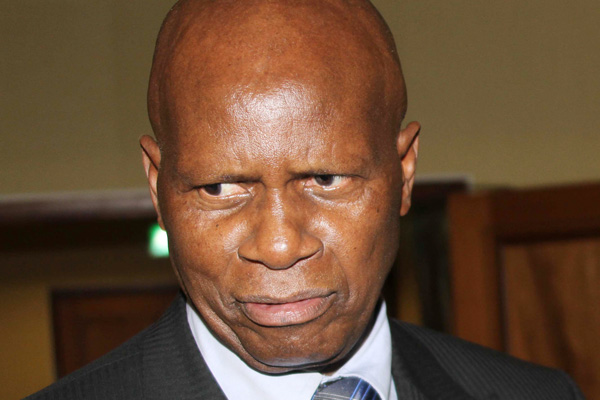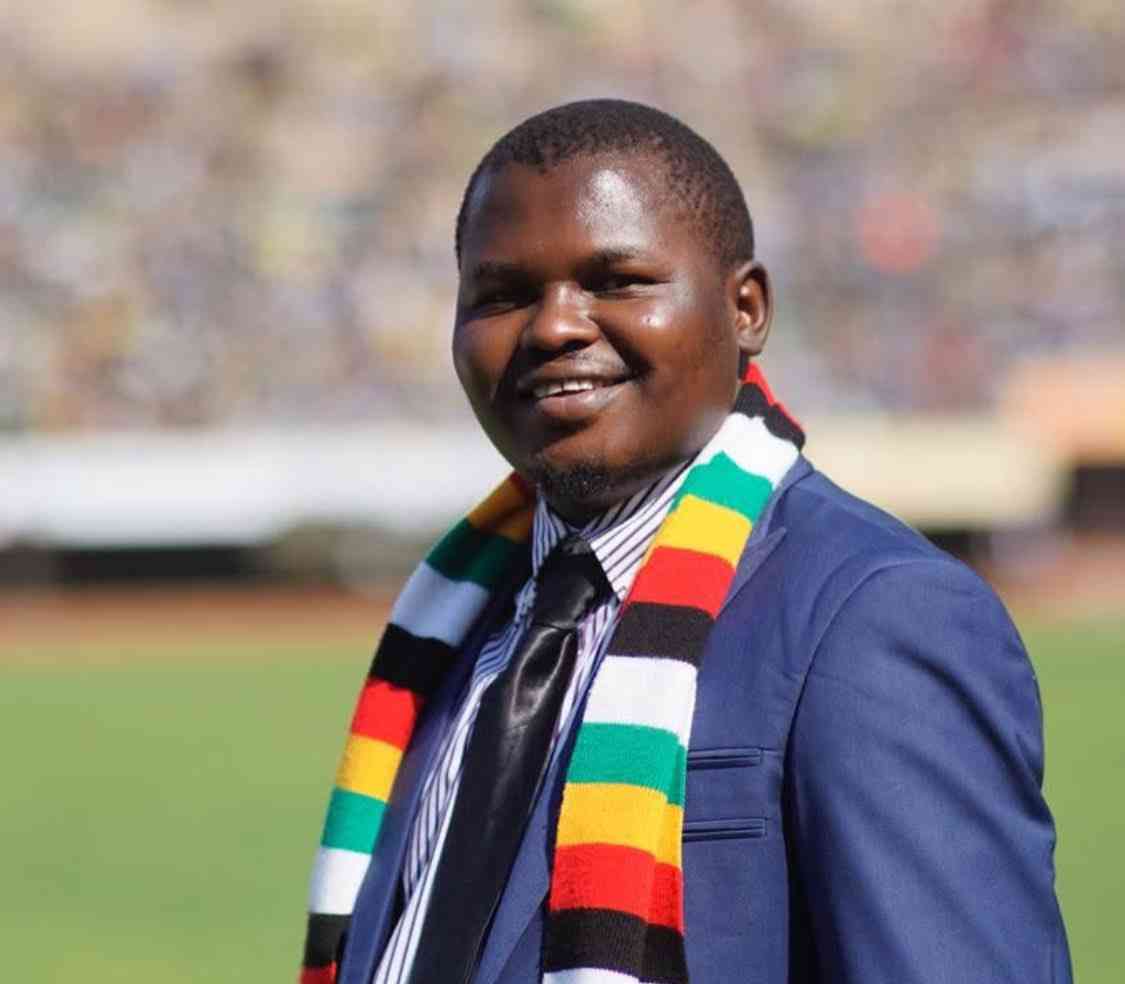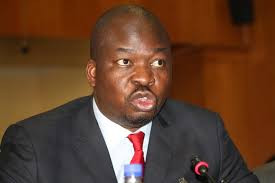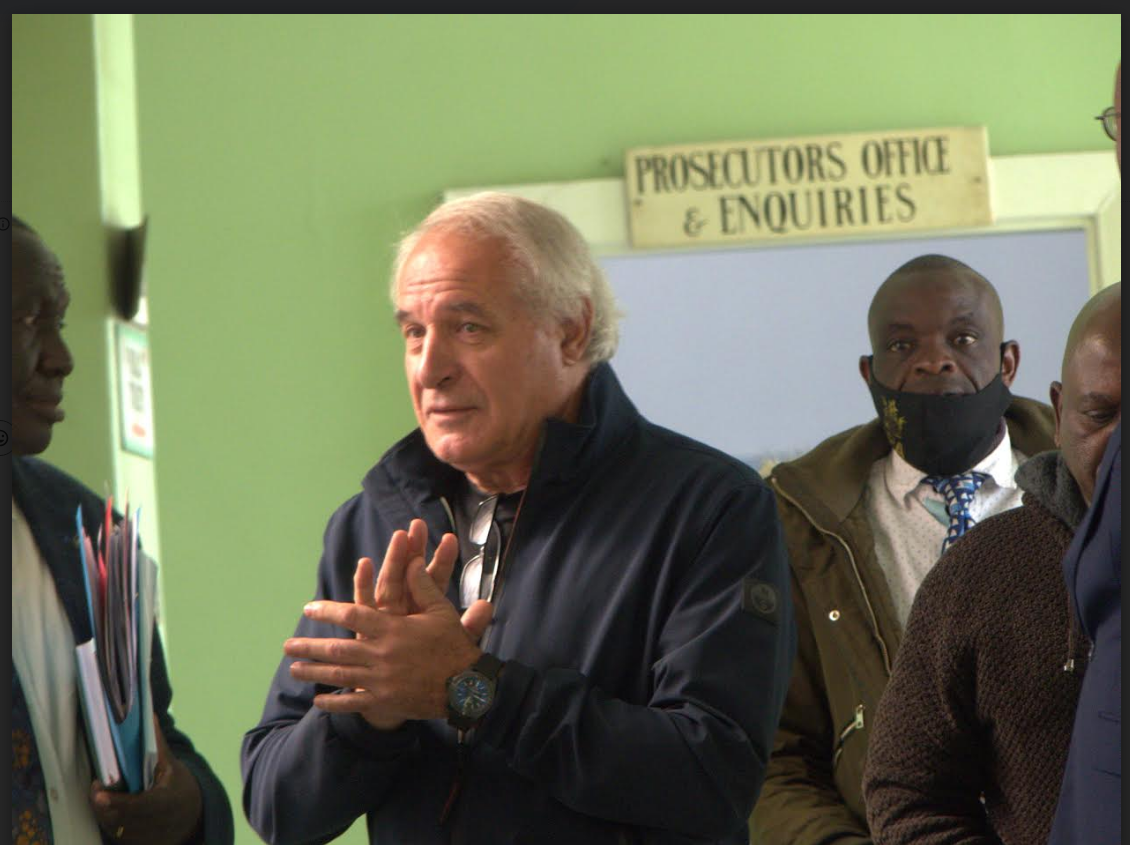
ZIMBABWE plans to meet obligations for further financial support from the European Union by June after the deputy president met with EU officials last week.
Mail and Guardian Africa
“We are engaging with the EU, and last week Vice President Emmerson Mnangagwa met their country representative here, as part of that re-engagement process,” Finance Minister Patrick Chinamasa said in an interview Tuesday, declining to provide more details.

“We believe that by June this year, we will have fulfilled our obligations and hopefully be eligible for fresh funding.”
The sub-Saharan African nation has struggled to access finance to support its ailing economy since it fell into default to the International Monetary Fund in 1999.
Governments, including the US and European Union, imposed sanctions on President Robert Mugabe and senior members of his Zimbabwe African National Union-Patriotic Front party.
The country has agreed to pay international lenders such as the IMF, World Bank and African Development Bank about $1.8 billion.
- Chamisa under fire over US$120K donation
- Mavhunga puts DeMbare into Chibuku quarterfinals
- Pension funds bet on Cabora Bassa oilfields
- Councils defy govt fire tender directive
Keep Reading
Chinamasa, 69, wants the IMF to agree to resume lending to the economically troubled nation this year.
Zimbabwe, which faces its worst liquidity crisis in at least 35 years, owes multi-lateral banks about $7.1 billion. or 51% of GDP, according to a World Bank report released Wednesday.
Opposition to reengagement Total debts amount to about $10 billion, according to Chinamasa, who also faces opposition to western re-engagement from within his ruling party.
The old guard including Mnangagwa, 69, wants better relations with donors to rebuild an economy blessed with diamond deposits, the world’s second-biggest reserves of platinum and chrome after South Africa and fertile farm land.
Younger leaders reportedly see better ties with the west as a threat to their chances of making money because legislation requiring the sale of assets to black investors would likely be softened.
Zimbabwe’s economy is wracked by drought, deflation and unemployment of 95% and is isolated from lenders and western donors because of disputes over forced seizures of white-owned farms and elections marred by violence and irregularities.










